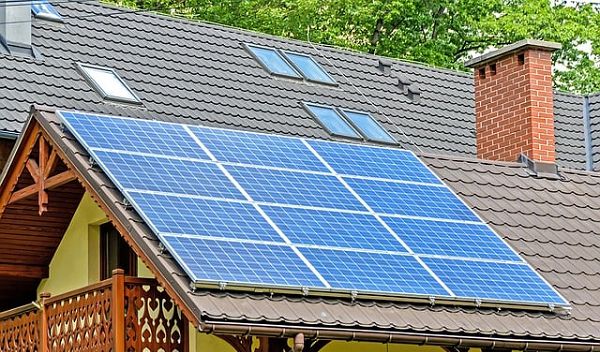
Solar energy can be the answer
Developed countries are so called because they are advanced in terms of infrastructure, industrialisation, income per capita and standards of living. Those countries were able to get to their current status by their optimal use of natural resources.
Indeed, nature has not been unfair to Ghana, as it has put at our disposal crude oil, natural gases, minerals such as gold, diamond and manganese to be utilised for our common good. We have also not been denied of good soil suitable for agriculture.
Advertisement
Over the years, these resources have sustained the economy and we have done all we can to protect them and use them optimally.
It is worthy of note that societies that use local resources can develop faster than others that bring in the resources from outside their environment.
The reason for this is obvious: among others, proximity of resources cuts out money and time spent on transporting such materials.
It also reduces capital that is committed to projects.
So countries with rivers that can accommodate hydroelectric dams, for instance, have taken advantage of them to build those dams that have provided them with power and energy to propel them to their current state. China, Canada, Brazil and the United States have some of the largest hydroelectric dams in the world, taking advantage of the water bodies that they have.
Again, countries such as France, Canada, the United Kingdom, Spain, India and Germany have also taken advantage of the availability of abundant wind to build wind turbines to generate electricity to power machines and equipment.
One obvious resource that is in abundance in Ghana is the sun. Across the length and breadth of the country, there is sunshine all year round, but we have, up till now, failed to take full advantage of it in our development effort.
Apart from warming our seas, giving energy to plants to provide food and oxygen that sustain life and generating our weather patterns, the sun, if utilised effectively, can provide the country with the energy it needs in its efforts to enhance its development from a low middle-income status.
In fact, available literature states that sunlight received by the earth in an hour is enough to meet the annual energy needs of all the people in the world, and we are happy to note that gradually solar energy is being accepted by many people, especially because of the environmental advantages associated with it.
In this light, we applaud the 1994/96-Year groups and other year-groups of the Holy Child School for providing the school with solar energy for the classrooms and the administration block.
The development, we learn, has cut the school’s electricity bills by about 50 per cent.
This is an eye opener to all of us that solar energy can play a huge part in our development efforts.
Against this backdrop, we appeal to the government to follow its commitment to ensure that renewable energy contributes 10 per cent of the nation’s total energy needs to reduce our reliance on the national grid to free hydroelectric and thermal power for high-consuming machinery.
The Daily Graphic urges the government to encourage the citizens with policies and incentives that will make them venture into the production and use of solar energy.
We admit that the initial financial overlay is huge, but experts say the long-term benefits are many and will help the country to be self-sufficient in energy production.



